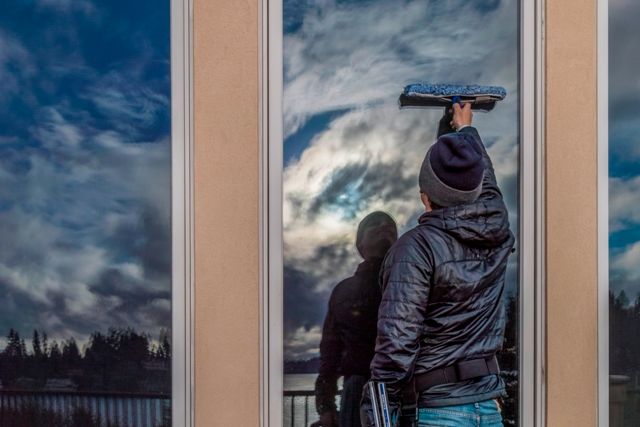Making Your PNW Home Shine Year-Round
Helping Greater Seattle homeowners check things off their to-do list with exterior detailing & lighting services.
- Collaborative Approach
- Clear Communication
- 5-Star Quality

Stop having anxiety over your to-do list.
Let us handle it.
We understand how much stress having a dirty home can cause. The last-minute anxiety felt when you have company coming over but the windows and sidewalks are dirty. The nagging thought that your mother-in-law is going to comment on your roof moss… again. We believe that a clean home is a happy home and we’re here to help you keep your home clean, long before the guests are on their way.
- Dirty Windows
- Roof Moss
- Dirty Sidewalks, Stairways & Siding
We know how much work it takes to keep your home looking great.
Licensed, Bonded & Insured
30+ Years Experience
200+ 5-Star Reviews
About Us
Renova is a latin word that means to ‘renew, restore, or revive’ and that is exactly what we do. We use industry best detailing equipment and eco-friendly green products to restore your property to its very best and brightest condition. We stand by the quality of our work and offer a 100% satisfaction guarantee to our clients. Contact us today at 206-312-1916 or email info@renovaexteriors.com for a free quote and we can help you restore your property!
Renova Exteriors is a professional provider of cleaning services in greater Seattle area. Our locally owned and operated business offers the following services to residential and commercial properties:
Ready to Tackle Your To-Do List?
Here's How It Works

- 1. Fill out easy intake form
- 2. Receive custom itemized quote
- 3. Select your preferred Renova service package
- 4. Schedule, Sit Back & Relax
Client Testimonials

Request Your Free Consultation!
Don’t hesitate to get your workspace or home restored to pristine condition. Call us today to schedule a free in-person quote. We can also provide a quote by answering a few questions and accessing photos of your property online.

